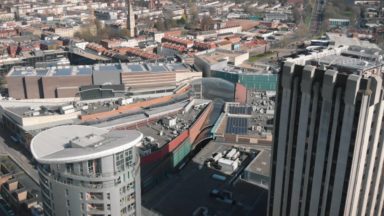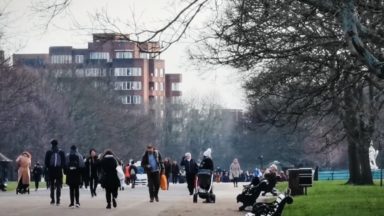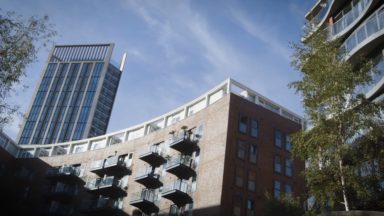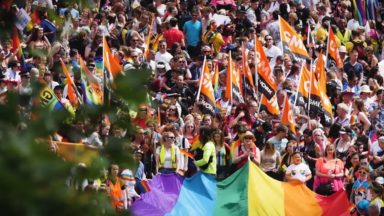A recipe for economic justice
Professor Barry Supple outlines key components of an economically just society and explores degrees of justice and fairness in an economy. He describes three important ingredients for achieving economic justice in society: the provision of education, a well-resourced welfare state and a progressive taxation system.







